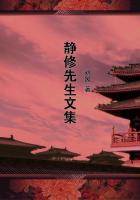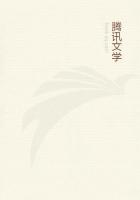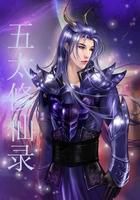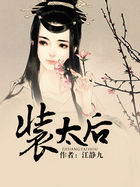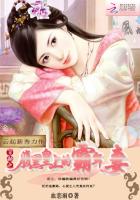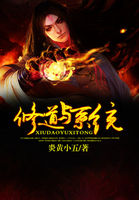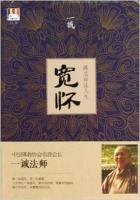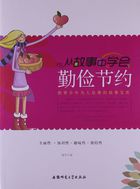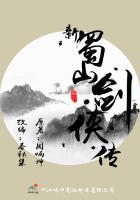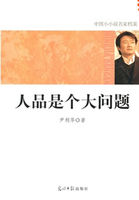Society was like a discomfited child, who, amidst the delight and excitement of letting off fireworks, has had its fingers severely burnt.
The sentimental, wavering Alexander I. had been succeeded by his stern, energetic brother Nicholas, and the command went forth that there should be no more fireworks, no more dilettante philosophising or political aspirations. There was, however, little need for such an order. Society had been, for the moment at least, effectually cured of all tendencies to political dreaming.
It had discovered, to its astonishment and dismay, that these new ideas, which were to bring temporal salvation to humanity, and to make all men happy, virtuous, refined, and poetical, led in reality to exile and the scaffold! The pleasant dream was at an end, and the fashionable world, giving up its former habits, took to harmless occupations--card-playing, dissipation, and the reading of French light literature. "The French quadrille," as a writer of the time tersely expresses it, "has taken the place of Adam Smith."
When the storm had passed, the life of the salons began anew, but it was very different from what it had been. There was no longer any talk about political economy, theology, popular education, administrative abuses, social and political reforms. Everything that had any relation to politics in the wider sense of the term was by tacit consent avoided. Discussions there were as of old, but they were now confined to literary topics, theories of art, and similar innocent subjects.
This indifference or positive repugnance to philosophy and political science, strengthened and prolonged by the repressive system of administration adopted by Nicholas, was of course fatal to the many-sided intellectual activity which had flourished during the preceding reign, but it was by no means unfavourable to the cultivation of imaginative literature. On the contrary, by excluding those practical interests which tend to disturb artistic production and to engross the attention of the public, it fostered what was called in the phraseology of that time "the pure-hearted worship of the Muses." We need not, therefore, be surprised to find that the reign of Nicholas, which is commonly and not unjustly described as an epoch of social and intellectual stagnation, may be called in a certain sense the Golden Age of Russian literature.
Already in the preceding reign the struggle between the Classical and the Romantic school--between the adherents of traditional aesthetic principles and the partisans of untrammelled poetic inspiration--which was being carried on in Western Europe, was reflected in Russia. A group of young men belonging to the aristocratic society of St. Petersburg embraced with enthusiasm the new doctrines, and declared war against "classicism," under which term they understood all that was antiquated, dry, and pedantic.
Discarding the stately, lumbering, unwieldy periods which had hitherto been in fashion, they wrote a light, elastic, vigorous style, and formed a literary society for the express purpose of ridiculing the most approved classical writers. The new principles found many adherents, and the new style many admirers, but this only intensified the hostility of the literary Conservatives. The staid, respectable leaders of the old school, who had all their lives kept the fear of Boileau before their eyes and considered his precepts as the infallible utterances of aesthetic wisdom, thundered against the impious innovations as unmistakable symptoms of literary decline and moral degeneracy--representing the boisterous young iconoclasts as dissipated Don Juans and dangerous freethinkers.
Thus for some time in Russia, as in Western Europe, "a terrible war raged on Parnassus." At first the Government frowned at the innovators, on account of certain revolutionary odes which one of their number had written; but when the Romantic Muse, having turned away from the present as essentially prosaic, went back into the distant past and soared into the region of sublime abstractions, the most keen-eyed Press Censors found no reason to condemn her worship, and the authorities placed almost no restrictions on free poetic inspiration. Romantic poetry acquired the protection of the Government and the patronage of the Court, and the names of Zhukofski, Pushkin, and Lermontof--the three chief representatives of the Russian Romantic school--became household words in all ranks of the educated classes.


